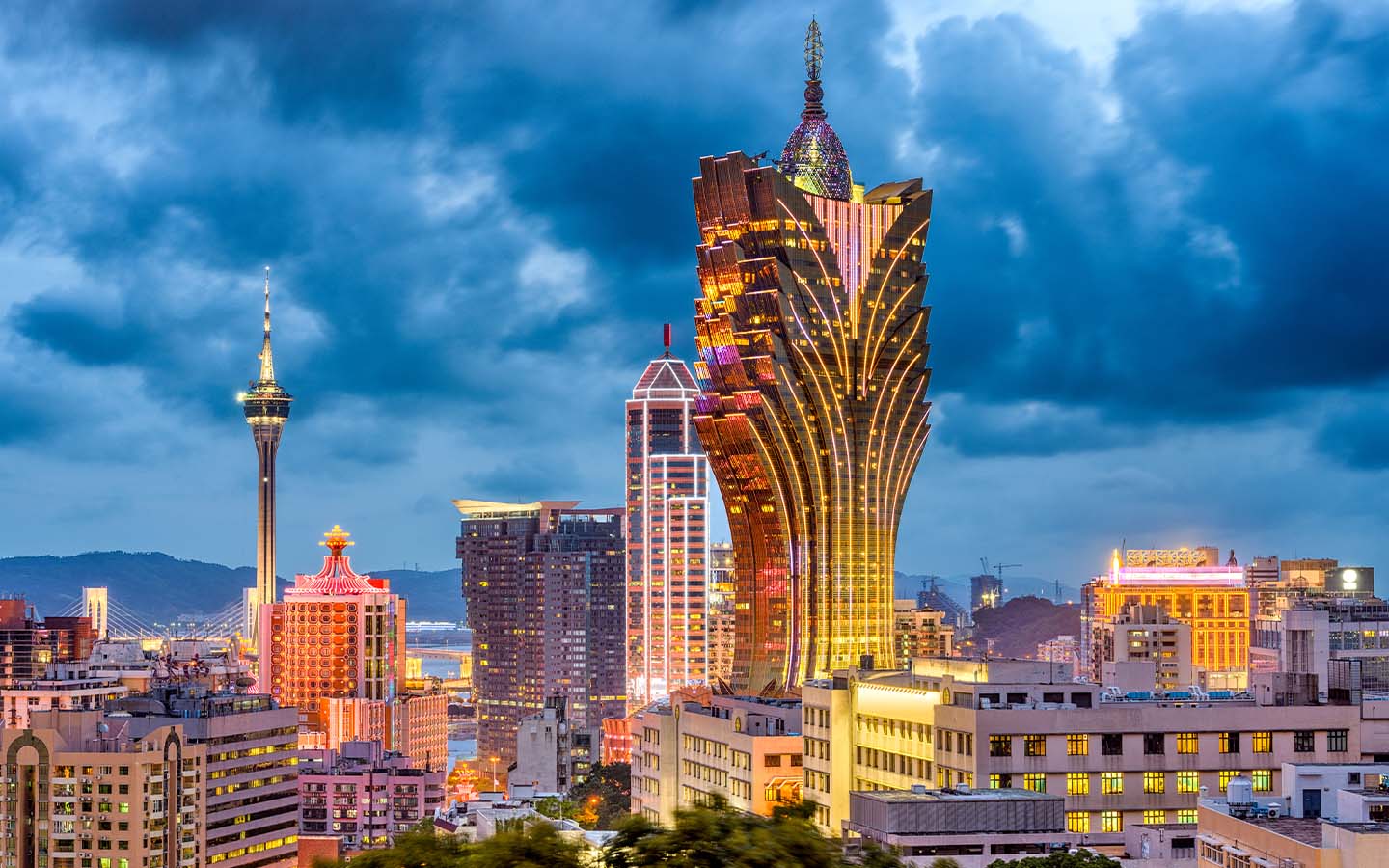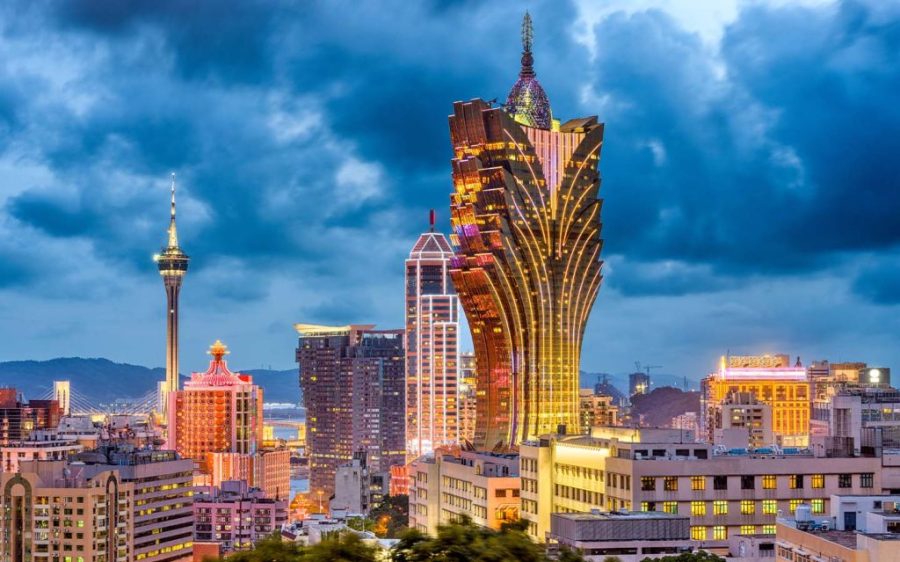The University of Macau (UM) has lowered its original 2025 forecast for Macao’s gross domestic product (GDP) growth from 7.7 percent to 6.8 percent, in light of the deteriorating global economic landscape caused by the US tariffs.
Published yesterday, the revision follows the original macroeconomic prediction that had been made back in January.
A number of indicators have been modified in the latest forecast, including service exports, the predicted growth of which has dropped from 7.7 percent to 6.8 percent. Private expenditure growth, however, grew from 3.1 percent to 3.8 percent, while the revised CPI inflation rate’s expected growth fell from 1.1 percent to 0.7 percent.
As for the general unemployment figure, the new forecast has the total at 1.7 percent, down by 0.1 percent in comparison to January’s prediction. The jobless number for local residents – that is, excluding migrant workers – is expected to remain the same, totalling 2.3 percent.
In terms of revenue, UM believes the SAR government will reap 116.8 billion patacas, up by 4.47 percent in comparison to the 111.8 billion patacas stated in the original forecast.
In a statement, UM’s researchers pointed out that the update was spurred by the “various unstable factors [that] continue to affect Macao’s economic growth,” including US protectionist measures aimed at mainland China – the main source of visitors for gambling- and tourism-dependent Macao.
[See more: ‘A breakdown of the geopolitical order.’ Tariffs on Chinese imports hit 145 percent]
Speaking to local media, UM researcher, Kwan Fung said that the US tariffs would not have a significant direct impact on Macao, as the city’s trade volume is relatively small. However, he highlighted that the tariffs could lead to a reduction in global trade that will affect China, resulting in an indirect impact on the spending of mainland visitors in Macao.
“Looking back at the figures for the past year and the first quarter of this year, we basically have a relatively reserved forecast for economic growth this year,” Kwan said. “The basic factor that we all notice is that our economy is mainly based on the number of mainland tourists and the spending of mainland visitors.”
On whether or not the tariff war would affect the US casino operators in Macao, Kwan noted that it would have some level of impact on the decisions made by investors. The academic believed that in the context of rising tariffs, investors around the world would reassess their goals.
Since the announcement of Washington’s sweeping tariffs last week, the global stock market has been on a downward trajectory. News that US President Donald Trump had issued a 90-day pause for most of the 185 countries and territories hit by the tariffs led to global shares rising on Wednesday. The drop has since continued, as economic uncertainty continues to instil fear in investors.
China remains one of the few countries that have not received trade leniency from Trump, who responded to Beijing’s retaliatory measures by imposing 145 percent duties on Chinese imports to the US.






